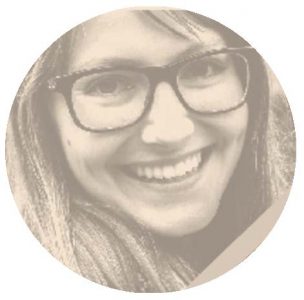
My name is Danika Skye, I grew up in a village of 195 people called Silverton, located on the territory of the Sinixt and Ktuxana. I identify as having predominantly mixed European-settler ancestry.
Coming to UBC has been a huge experience for me! I started my degree in Political Science, however, coming from such a village, I felt lost on this big campus. My life has always been based on finding and creating community. So, I joined UBCC350 and was active in residence. In second year, I decided to add First Nations and Indigenous Studies as a Minor and in third year I attended the Haida Gwaii Semester program. In my fourth year, I switched to a double Major. All some of the best decisions of my academic career.
My inspiration to take FNIS stemmed from a long held interest in Indigenous studies since high school, plus my own lack of information on my family history on my mother’s side due to adoption.
1. How well prepared did you feel entering the Research Practicum?
My first FNIS course was with Sheryl Lightfoot and I remember feeling for the first time like I knew nothing about Turtle Island, or the country that I call my home. This feeling has continued. The more I learn in FNIS, the more I feel like I’ve only dipped my toes in. I have just completed ENIS 320, the methodologies course of the program, and I still feel there is so much to learn and experience. But I have also learned that there is a significant amount of knowledge that I am not privy to know, and that is okay.
2. What was the highlight of your Practicum experience?
One of the biggest educational outcomes from my degree has been with regards to my positionality. That sometimes, I need to step back and just listen. I have realized through my degree that I don’t have the answers most of the time, and as someone who’s lifelong idol has been Hermione Granger, this lesson was hard for me, but definitely one of the most profound. Through all of this learning, FNIS has provided a community for me through a strongly connected cohort and supporting faculty and staff. It’s helped me be grounded in this big city and feel connected to an amazing group of people. Overall, it’s been a critical learning experience and the program has challenged me to live my life in new ways based on decolonization, reconciliation and meaningful settler-allyship. I know my life, who I am and how I view the world would not be the same if it were not for FNIS. I am a different person because of this education and I am so grateful for it.
 Faculty of Art
Faculty of Art